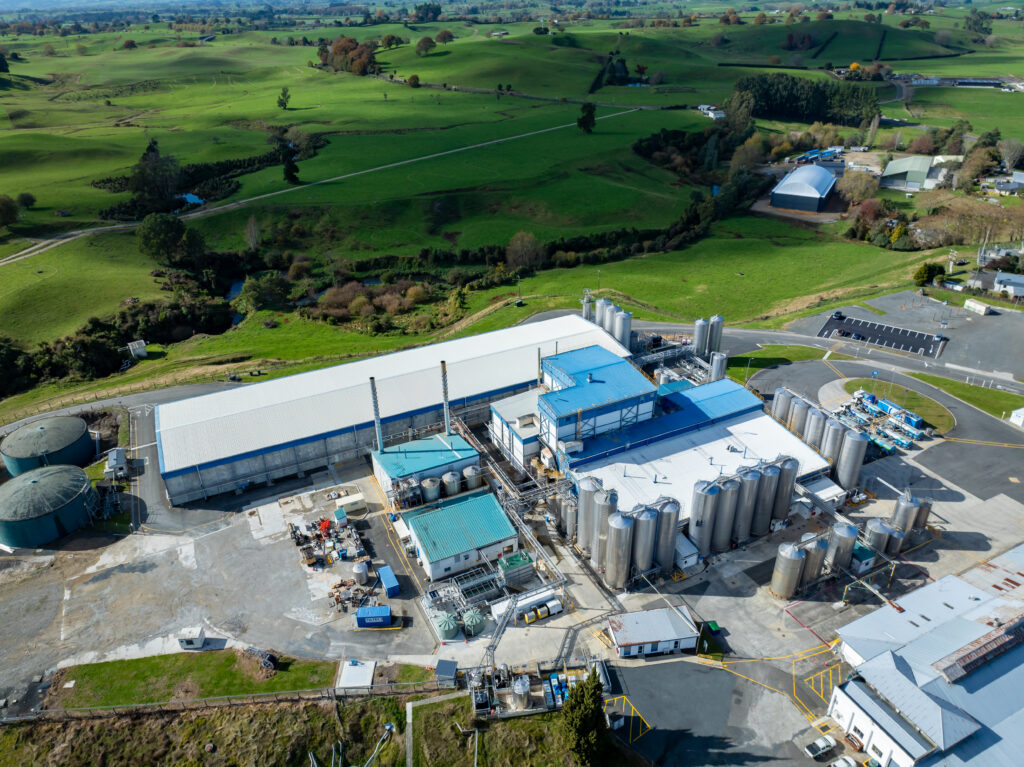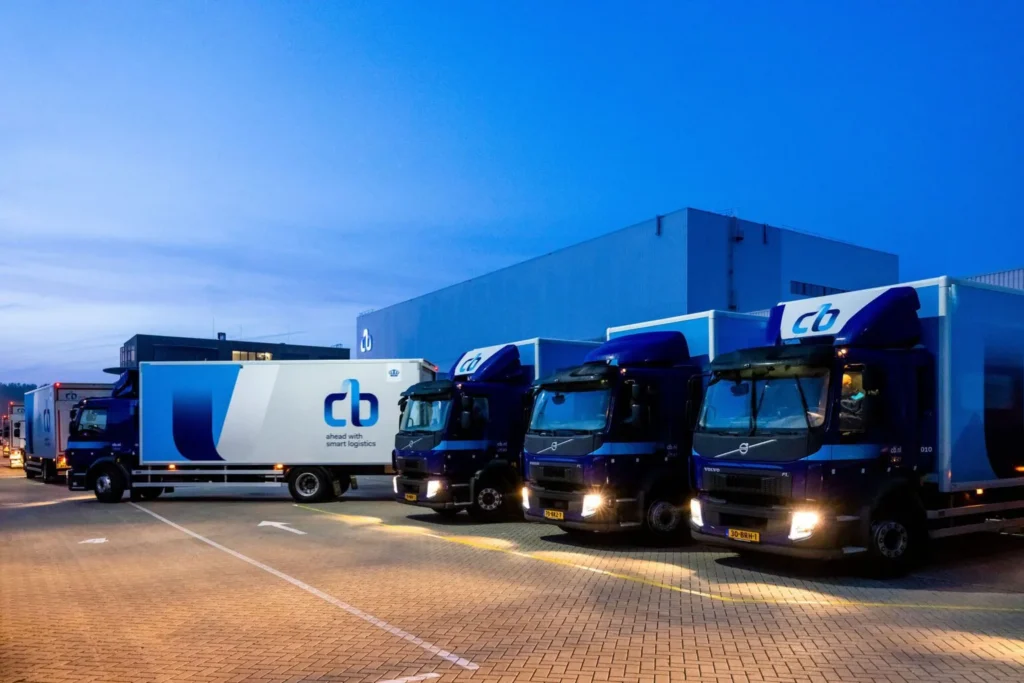Supply chain functions are constantly required to adapt to macroeconomic factors to maximise value. Rising inflation and severe global supply chain disruptions coupled with sustainability goals, are resulting in businesses needing to deliver under increased pressure within a constantly changing environment. So what is the silver bullet to enabling companies to succeed? An engaged and motivated workforce. Having employees who actively look to add value to your organisation, who are agile and determined to perform in this environment are critical for success. It doesn’t matter how great your product or service is, or how lean your processes are – your employees are your number one asset.
However, companies are finding it difficult to retain their talent. The Great Resignation in the UK is showcased through the data collected as part of the UK Labour Market overview, with resignation rising sharply from the end of 2020 and exceeding pre-pandemic levels in Q4 2021. This data clearly shows that workers under 50 years of age are primarily resigning to start work for other employers. This results in the question of what can be done at an organisational level to retain and attract talent?
It’s not just about salaries
The labour market is currently “hot” as a result of an increase in vacancies across supply chain roles pushing up salaries. An example is seen in the graduate sector, with salaries increasing by 7% in 2022, a six year high. This means that it is easy for your workforce to find employment with another company, potentially for more money. However, salary is not the driving force behind the Great Resignation. This is shown by Microsoft and Amazon’s recent announcement to increase salary budget to increase retention. This is great in the short term, but does not fix the wider issue of why people want to leave.
We have highlighted five key areas to promote a culture in your organisation which puts the individual employee first, supporting your team to be at their best:
1. Foster a sense of purpose for every employee
People find great value in the purpose of the work they are doing; this can be the impact they are having on the team, organisation, or society as a whole. Employees who feel like tasks are meaningless will procrastinate and eventually start looking for areas in which they can use their skills and assets in aid of an objective. Different people are motivated by different purposes, and organisations must understand what sense of purpose can be given to a team.
To maximise the impact on purpose, employees must feel empowered to make changes or suggest improvements for the organisation. This gives individuals the chance to be flexible and use their skills in a creative way to tackle any challenges. If individuals feel like ideas will be shot down or ignored, creativity is stifled, improvements slow down and the individuals sense of purpose diminishes.
2. Create opportunities for professional and personal growth
Around one third of our lives are spent at work, therefore individuals will be looking at what they get out of their job. From a business perspective the changing environment, both at a macroeconomic level and organisational level, developing and evolving employee skills throughout their career is very important to ensure they are prepared to deal with challenges ahead. From a personal level, development means that the individual can evolve, stay engaged and grow. Learning new skills and developing new interests must be encouraged in an organisation to ensure that employees are stimulated and understand the benefits they are receiving from the workplace.
Development is important, but equally so is focusing on strengths. People usually enjoy what they are good at and can therefore excel in areas which they find enjoyable. Pointing employees towards areas which they do not enjoy can slow down progress of the whole team. Understand what your individual team members enjoy doing, or want to do more of, which will connect them to the work they have to deliver.
3. Develop informal and formal recognition channels
Recognition, across all levels of an organisation, in appropriate forms, has been shown to encourage employees to stay in their current job. There are many ways to recognise employees and it does not have to be in through a monetary reward. Informal or formal, from feedback from managers and peers, to bonuses and other monetary rewards, or opportunities for new development, recognition can motivate your employees. Ensuring that recognition is specific and timely allows managers to reinforce great performance, this is especially important during times of transformation and change. Recognition can enhance the company culture and support team building; for example, by having a peer-to-peer recognition scheme, rapport between teams can be further developed. Identify what forms and channels work best for your employees and leverage these when recognising employees to motivate them further.
4. Take a frequent temperature check of how the organisation is feeling
All too often, the leadership team of an organisation sits in the proverbial ivory tower, and assumes that everything is going well at the ‘grass roots’ level. Often, they are very detached from the reality of how the organisation is truly feeling, and what actions they may need to take to retain staff. A study by Gallup showed that over 50% of employees who voluntarily left a company stated their manager or organisation could have done something to prevent them leaving, with 51% stating that during the three months before their departure no managers talked to them around job satisfaction. Therefore it is imperative to check in with the organisation, using both formal surveys as well as more informal communication forums (e.g. town halls, leadership team meetings, team meetings), to get raw feedback on what is going on within the organisation
5. Make retention a key consideration of how people are managed
With almost 50% of employees leaving their job because of a bad manager, it is essential that managers are equipped to create an excellent employee experience. It is important for managers to focus on the strengths of the team, and ensure that they focus individuals in the areas where they can excel, rather than trying to force individuals into roles and tasks where they are not as aligned. Additionally, the relationship between manager and employee will be a huge determinant in employee retention. Having an open, honest and communicative relationship with senior members of staff will allow employees to discuss their ambitions, goals and purpose. Projects, workload and management styles can then be moulded to support individuals to support them. Moreover, people are more connected to delivering work for a manager they get on with, support and respect. However, there are numerous managers in the professional workplace who are not qualified and, usually without meaning to, demotivate their team.
During Covid-19 lockdowns, many people re-assessed their priorities, lifestyle and purpose. They started to look outside their current organisation to find employment aligned with their desired culture and future goals. If your company does not promote a culture of meeting the needs of employees, they will become disengaged, disempowered, and ready to see if the grass is actually greener elsewhere. It’s beneficial for an organisation to retain their employees, especially when going through a change, as an engaged and motivated workforce is key to success during turbulent times. By following the five areas discussed, companies can ensure an environment is maintained where it is possible for employees to develop and thrive, as well as attracting future employees. As well as benefitting from a motivated team, it’s also less expensive to retain happy employees who can add value. Whilst it is important to provide employees with a good salary and other monetary benefits, do not assume this is the only factor that matters. Culture, and the environment an employee works in, is just as crucial for motivating and retaining employees
Authors: Melanie Patrick and Judith Richardson







